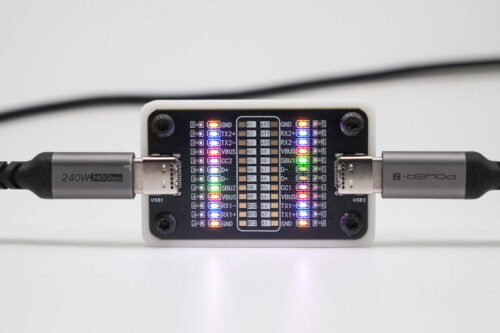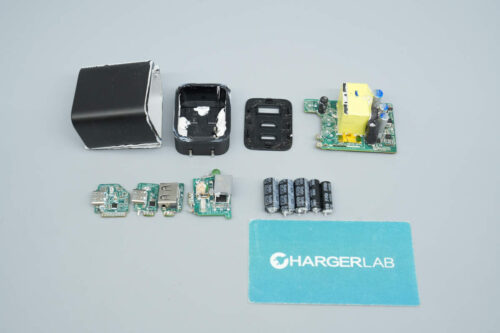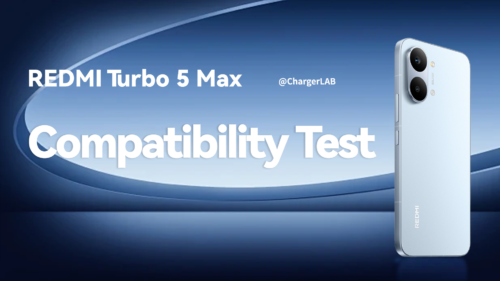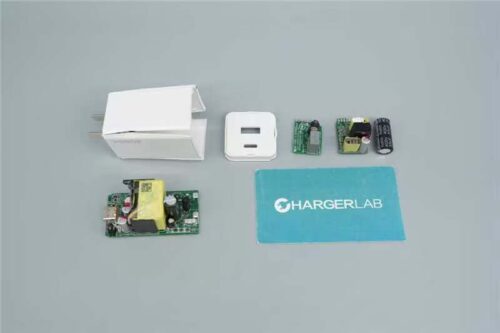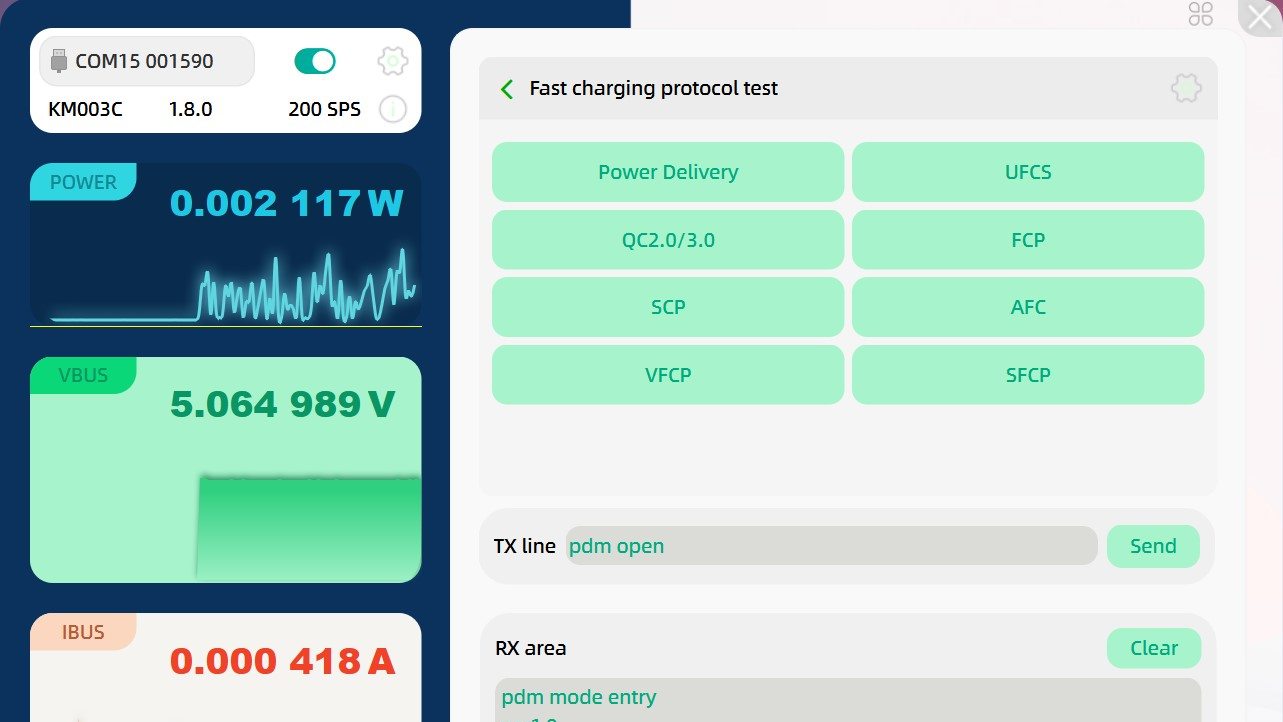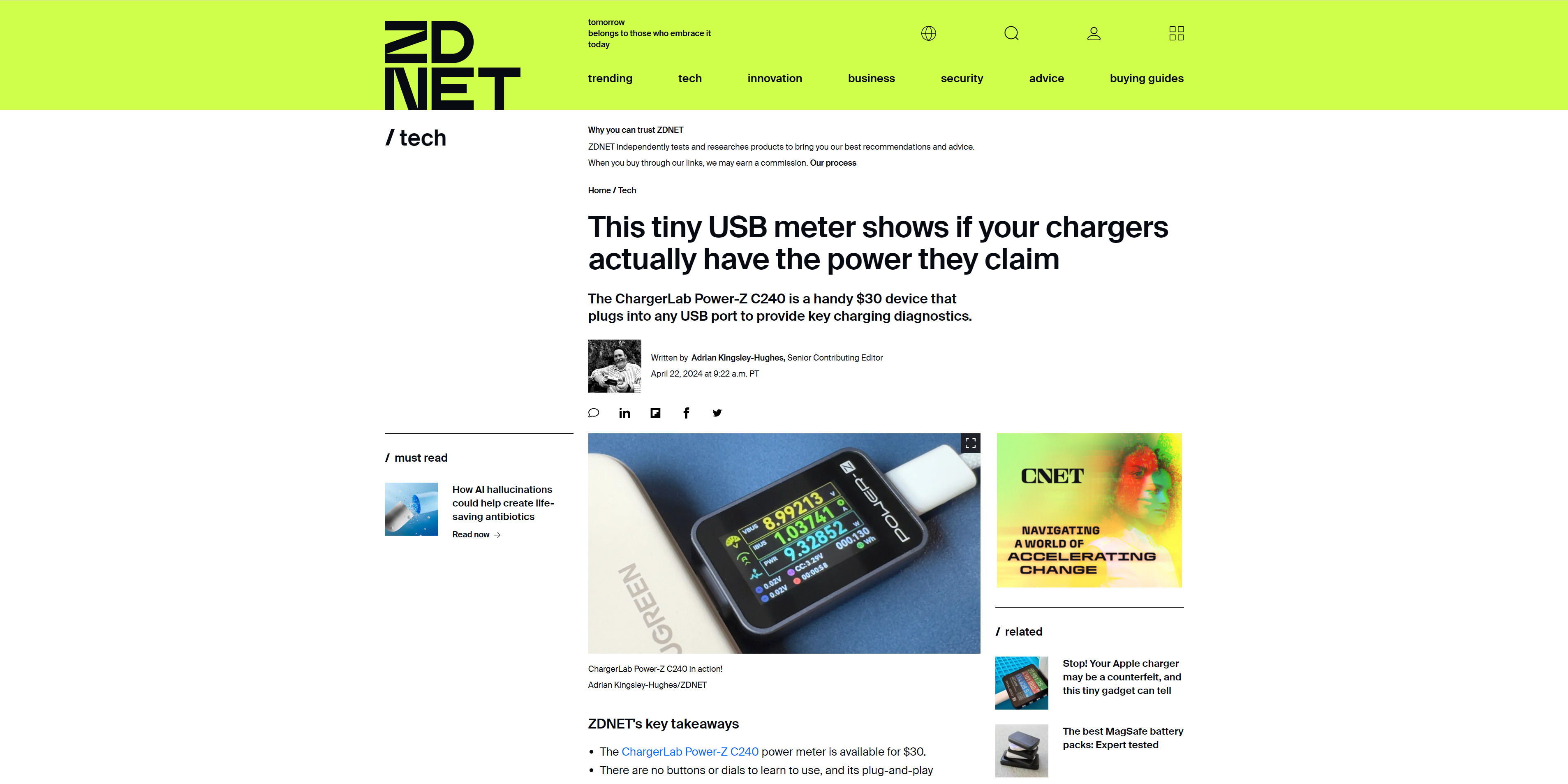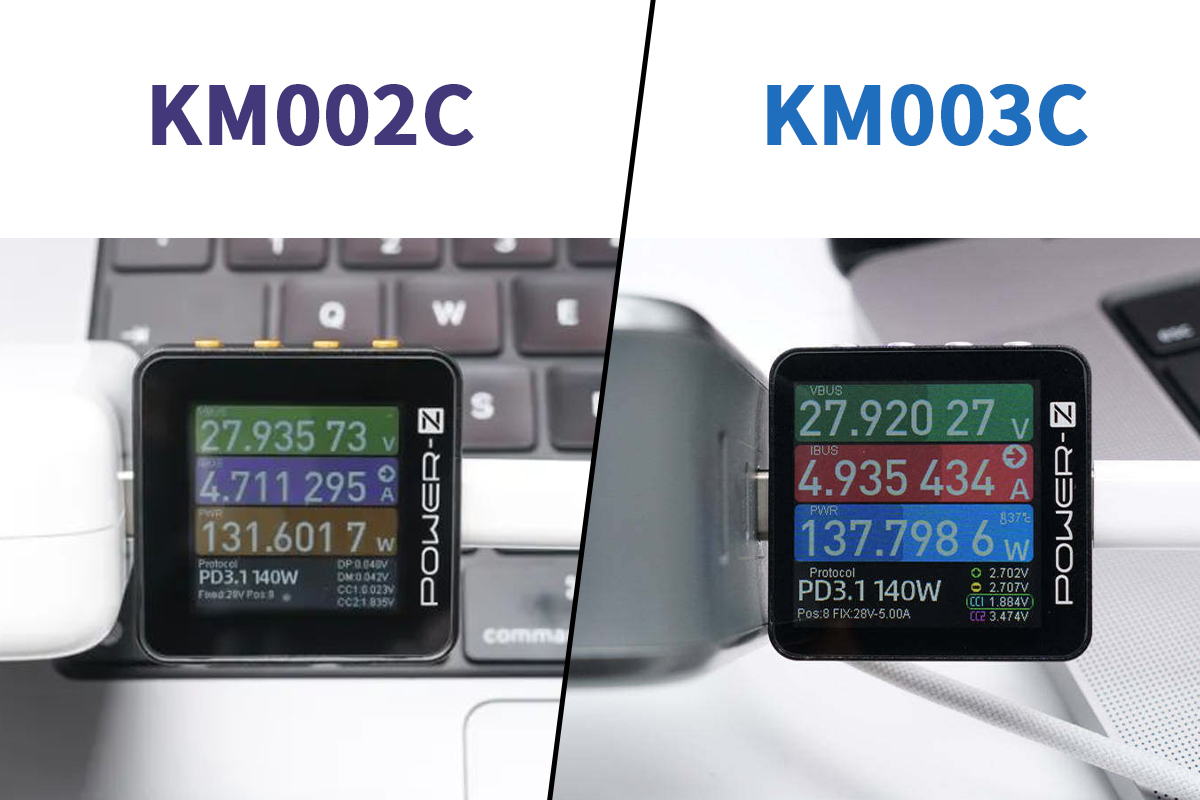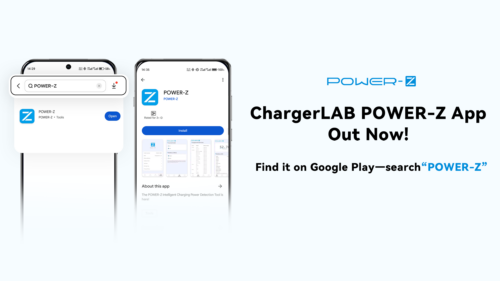Introduction
Today, we are officially launching a brand-new product — the ChargerLAB POWER-Z CT001 USB Cable Tester. This product is equipped with dual USB-C ports and a CR2032 button cell power system, enabling portable testing without the need for an external power supply. It supports full pin (24-pin) continuity testing and uses 24 independent LED indicators to clearly display the connection status of each pin (12 pins per side), allowing quick identification of faulty pins in defective cables.
Product Overview
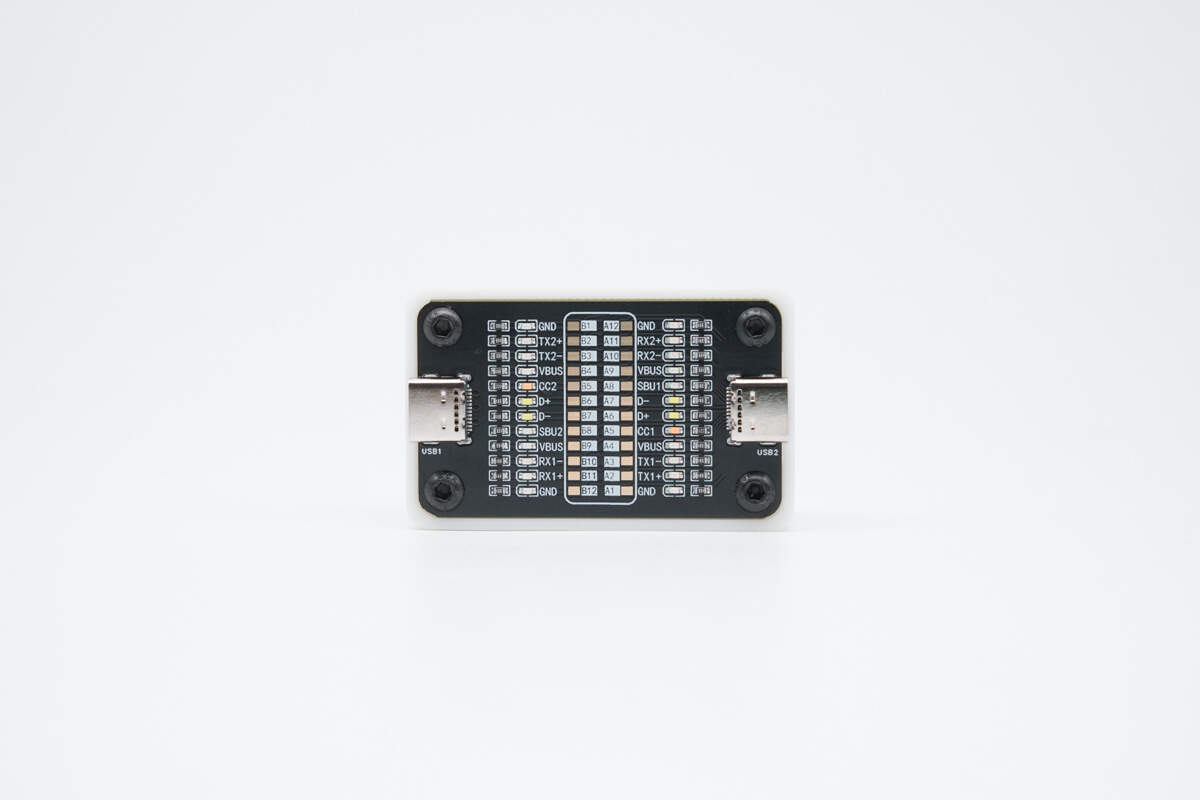
The front view of the CT001 shows the 24 independent LED indicators on one side, along with the corresponding pin information.
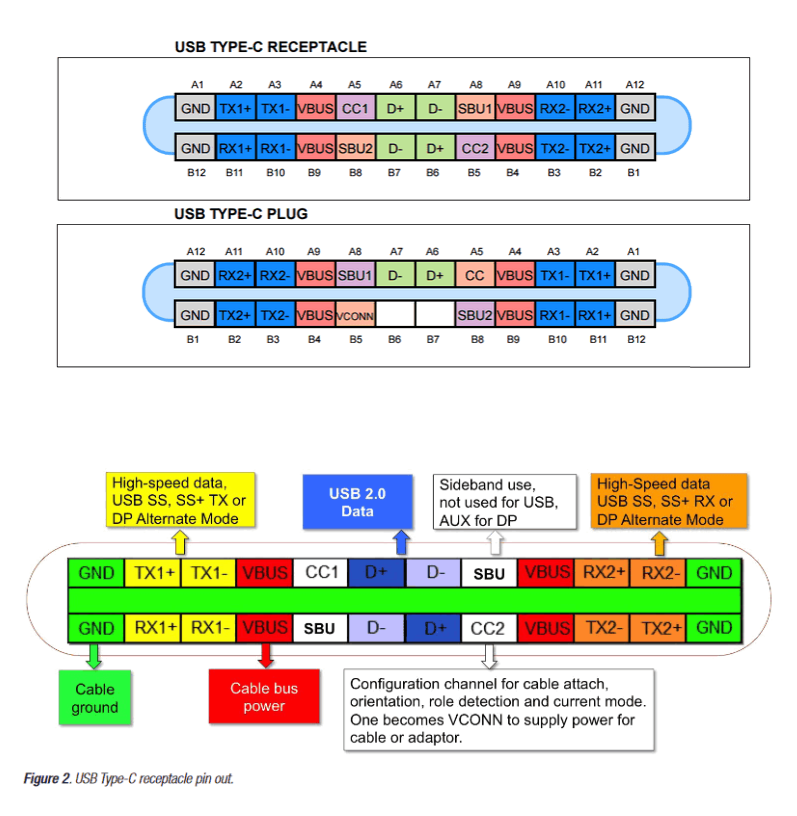
Before diving into what this product can do, let’s first review the definition of USB-C connectors:
- VBUS: 4 pins in total, delivering bus voltage between devices. Regardless of orientation, all four provide power.
- GND: 4 pins in total, forming the return path for power. Again, all four are functional regardless of orientation.
- TX+/TX- and RX+/RX-: Four differential pairs used for USB 3.0 high-speed signals.
- D+/D-: Two pairs used for USB 2.0 signals. On the receptacle side, these are shorted into a single pair.
- CC / VCONN: CC pins are configuration channels used to detect device connection, cable orientation, and also carry USB PD communication. The opposite pin becomes VCONN, supplying power to eMarker cables.
- SBU1 / SBU2: Auxiliary pins used for functions like audio or video transmission.
The receptacle side provides all 24 pins in a symmetric layout, supporting reversible plug-in. The plug side, however, only has 22 pins because USB 2.0 defines only one D+/D- pair, so only one pair is retained in the plug for backward compatibility.
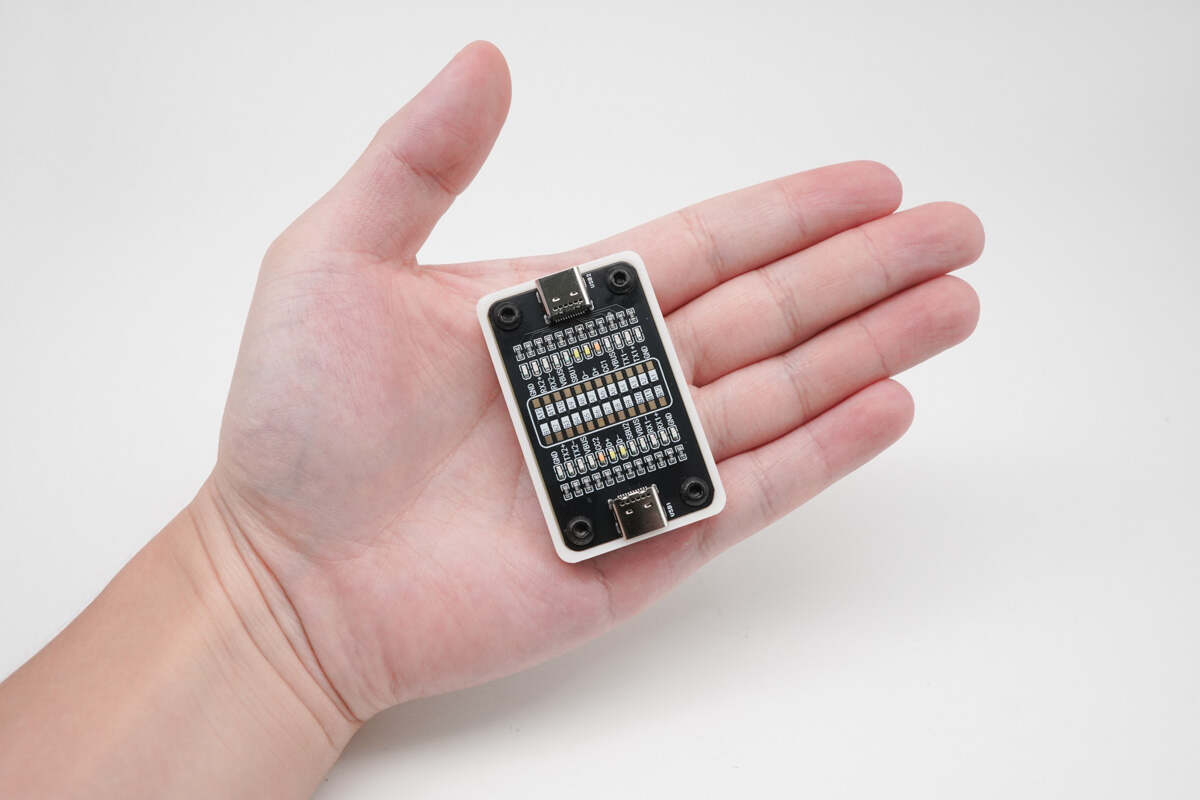
The CT001 is compact, measuring about 53.48 × 33.43 × 8.72 mm and weighing only 17.8g, making it highly portable for everyday use or fieldwork.
Test Demonstration
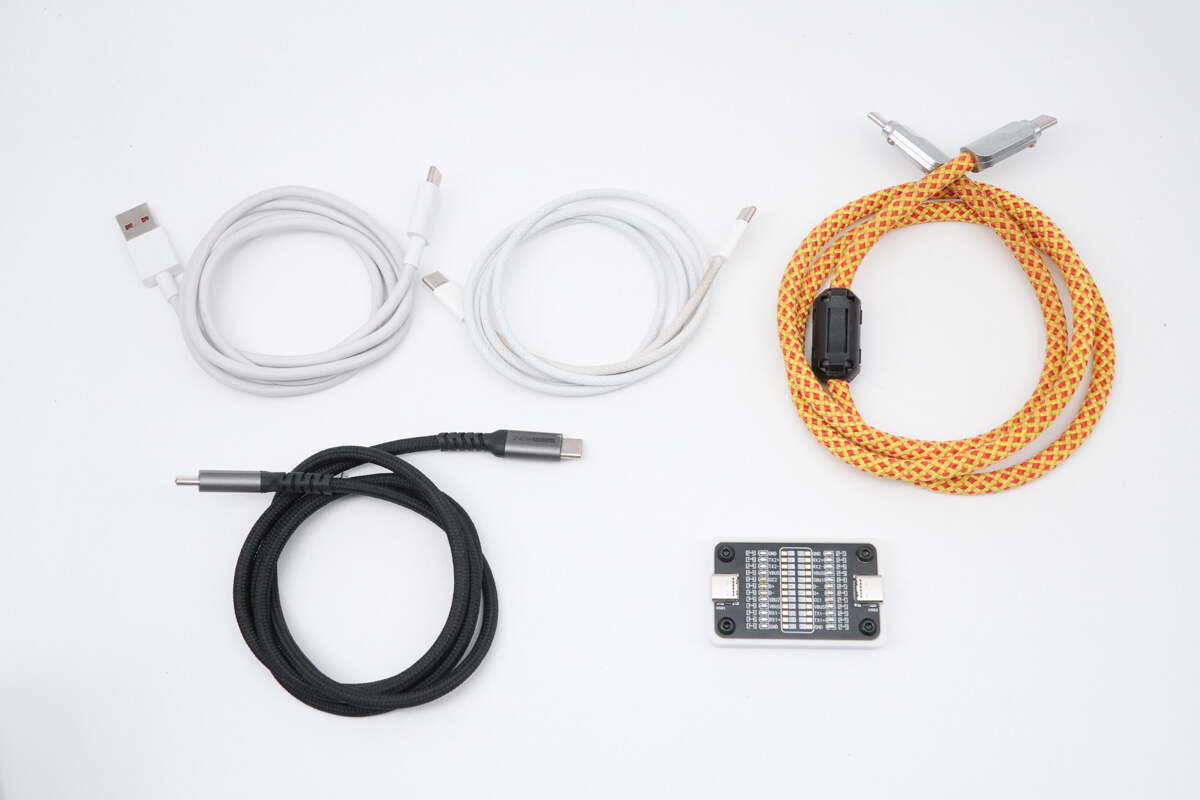
Four different cables were tested for pin continuity: two standard dual USB-C cables, one USB-A to USB-C cable, and one defective yellow USB-C cable with continuity issues. The tester displays continuity via illuminated LEDs corresponding to each line.
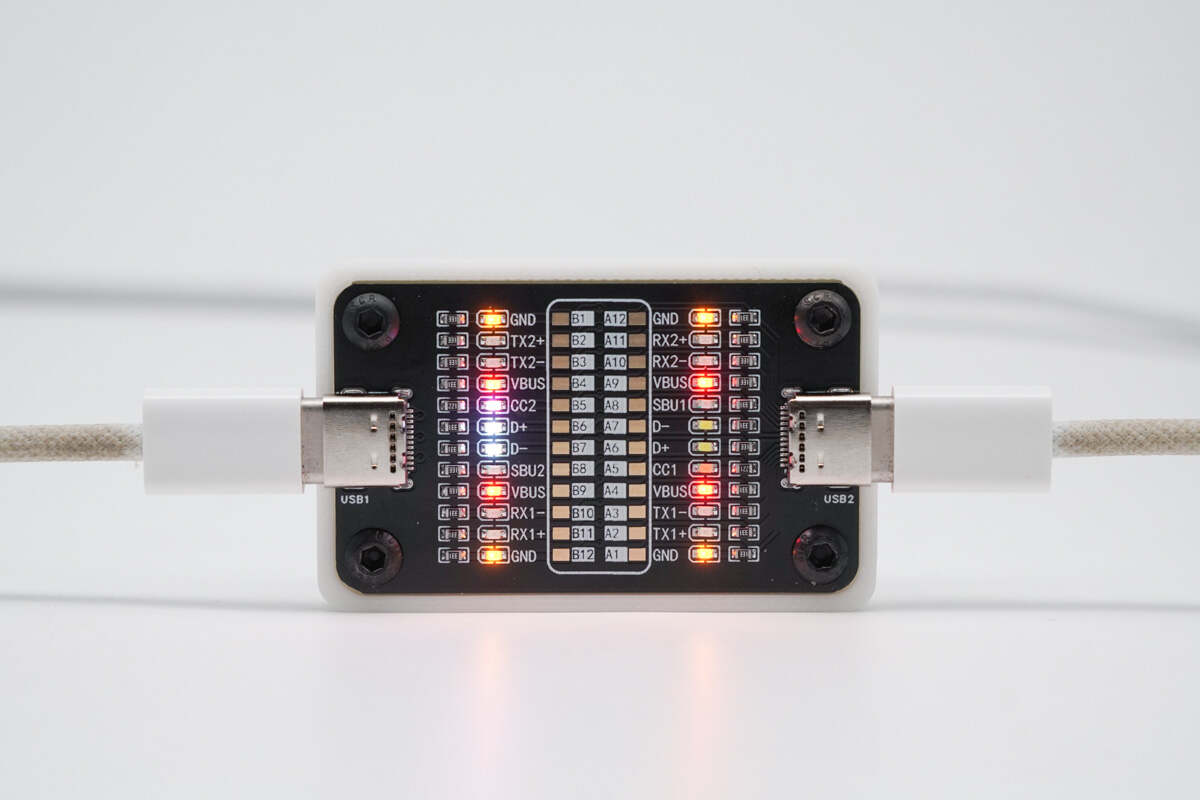
Cable 1 (normal): VBUS, GND, CC2, and D+/D- indicators light up, confirming it can supply power. TX/RX and SBU remain off, showing it cannot be used for high-speed data or audio/video transmission.
One D+/D- pair is intentionally not lit, as only one pair is kept in USB-C plugs to avoid short circuits and comply with USB 2.0 standards. Only one CC pin lights up, suggesting the cable may only work in one orientation. However, in real-world use, most devices support dual CC detection, so the impact is minimal.
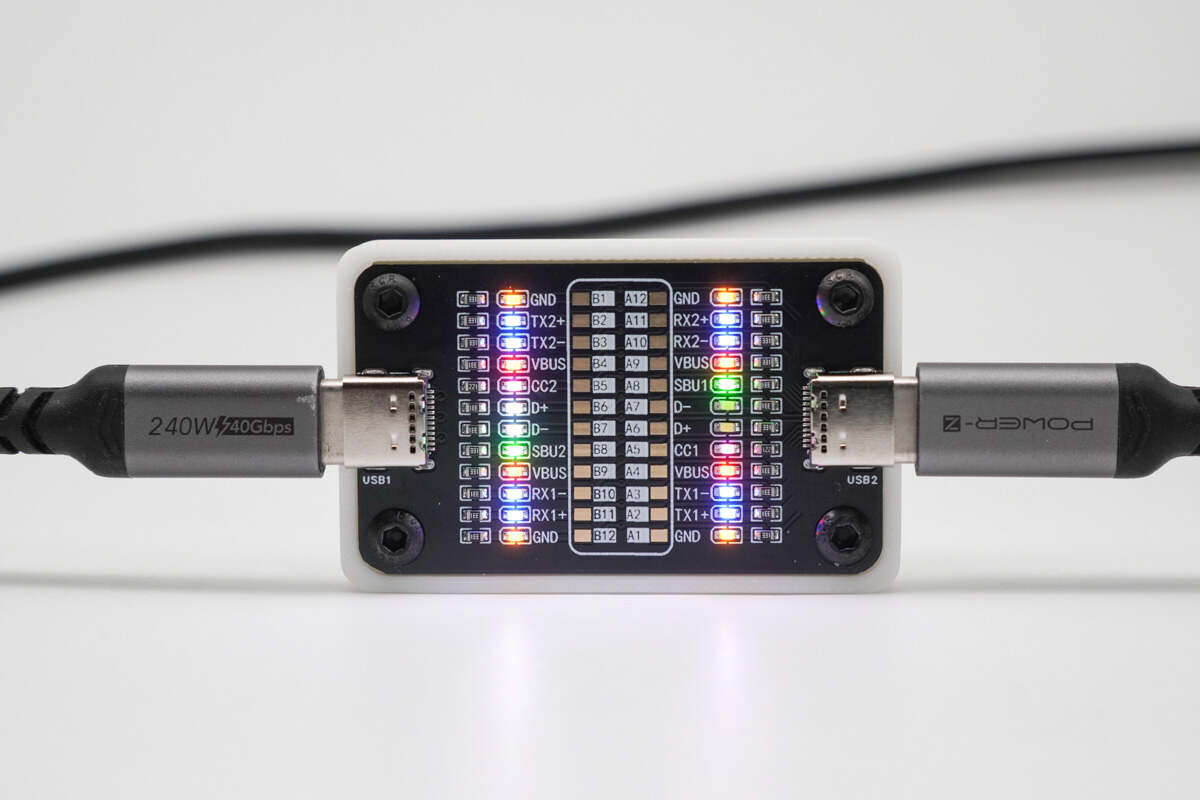
Cable 2 (ChargerLAB POWER-Z 240W cable): All LEDs light up, showing complete continuity and support for high-speed data and AV transmission.
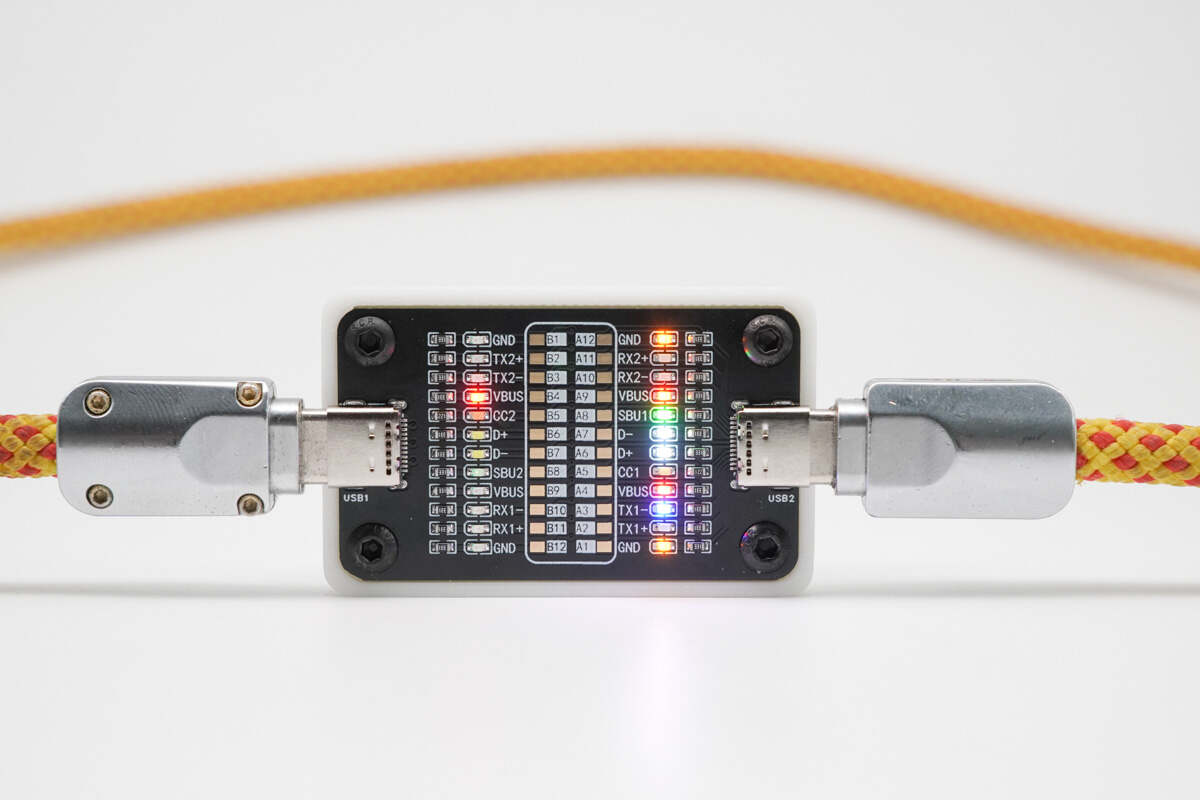
Cable 3 (yellow, defective): The LED indicators show abnormal continuity. The left port appears faulty, though the right side LEDs for TX, SBU, etc., suggest it originally supported high-speed transmission.
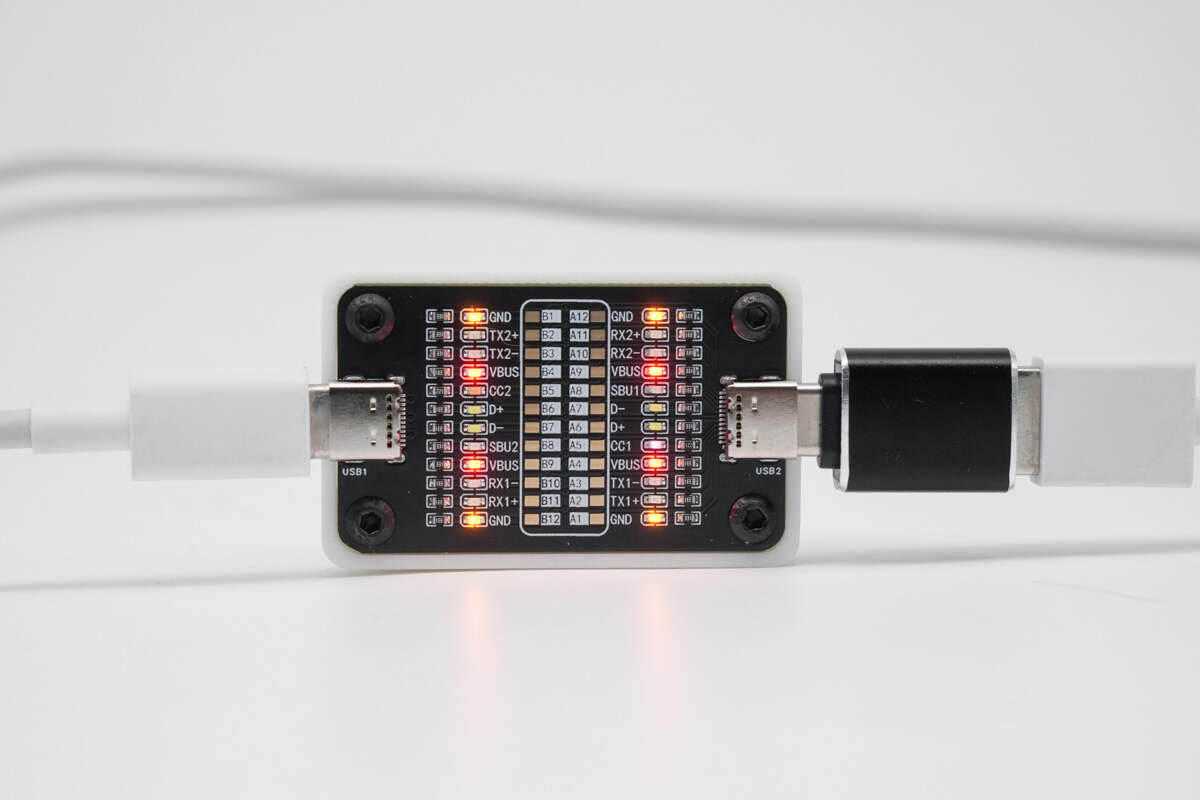
Cable 4 (USB-A to USB-C): Using a USB-A to USB-C adapter, the LEDs for VBUS, GND, CC, and D+/D- light up, confirming power delivery.
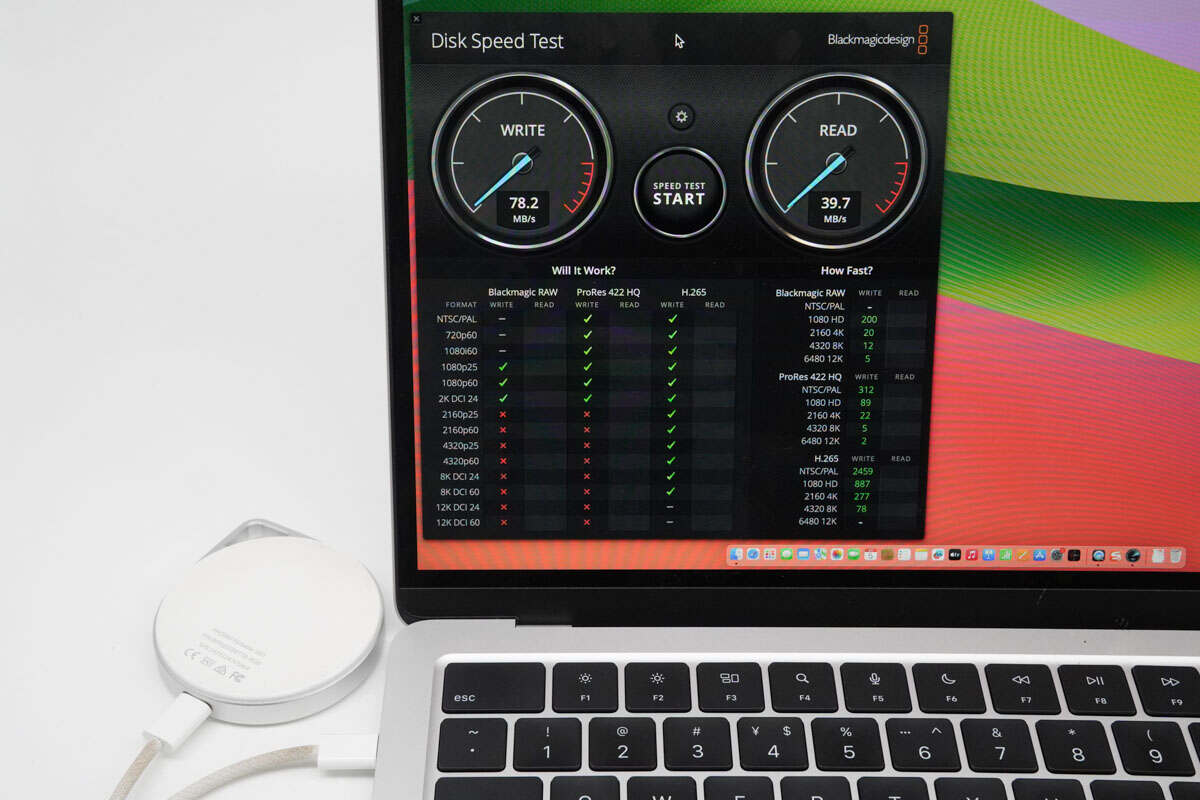
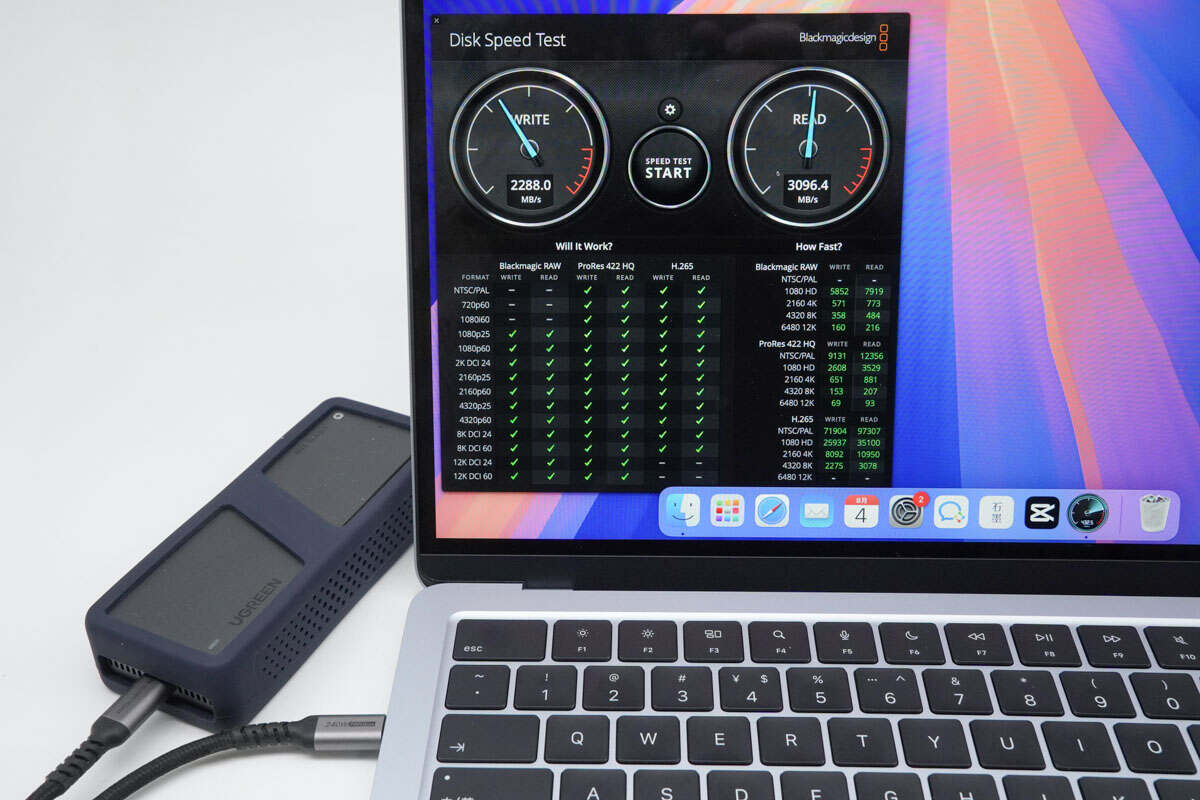
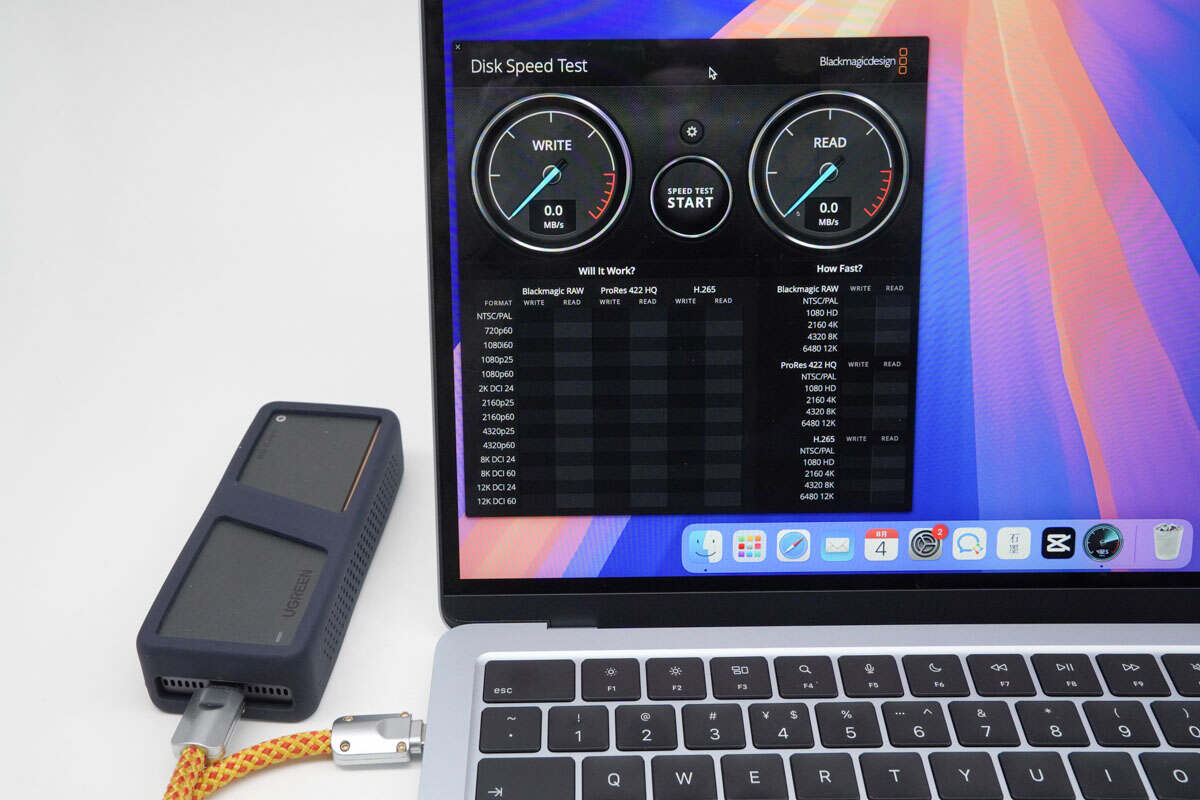
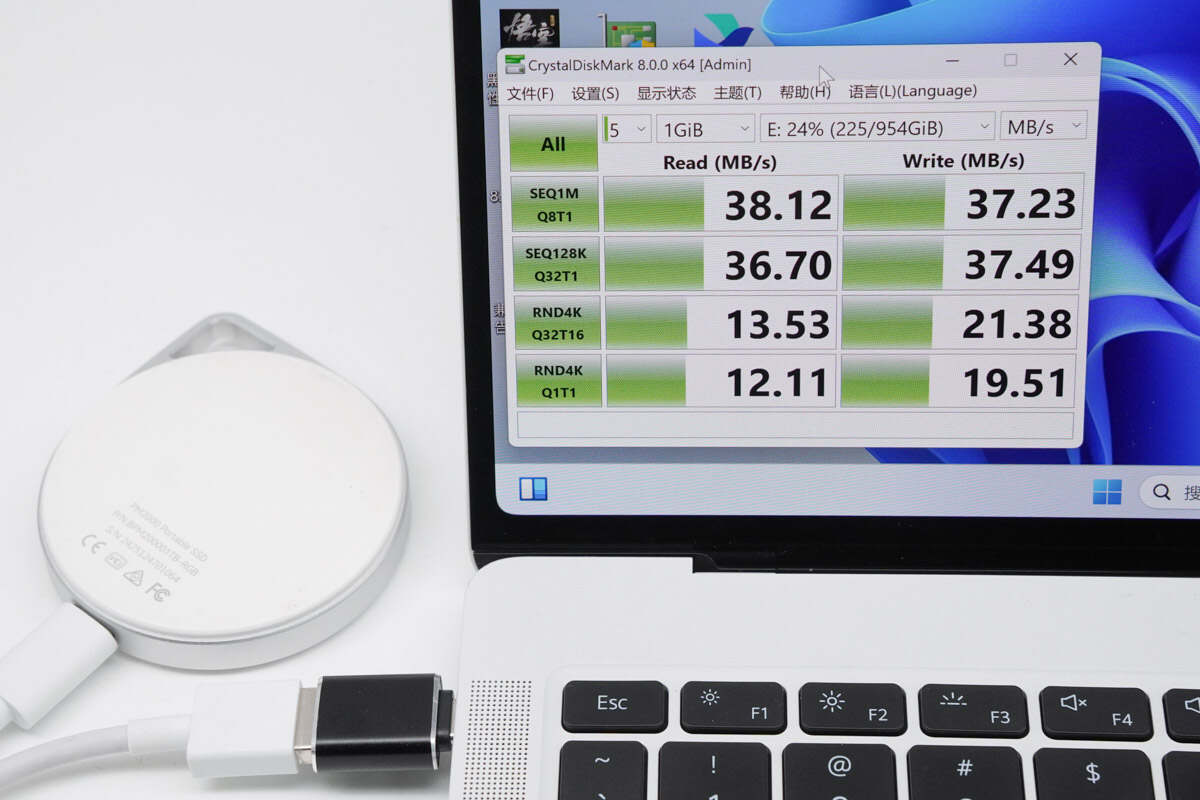
Data transfer test results matched the CT001 findings: the first cable only supported low-speed data transfer, and the third cable was unable to transmit data.
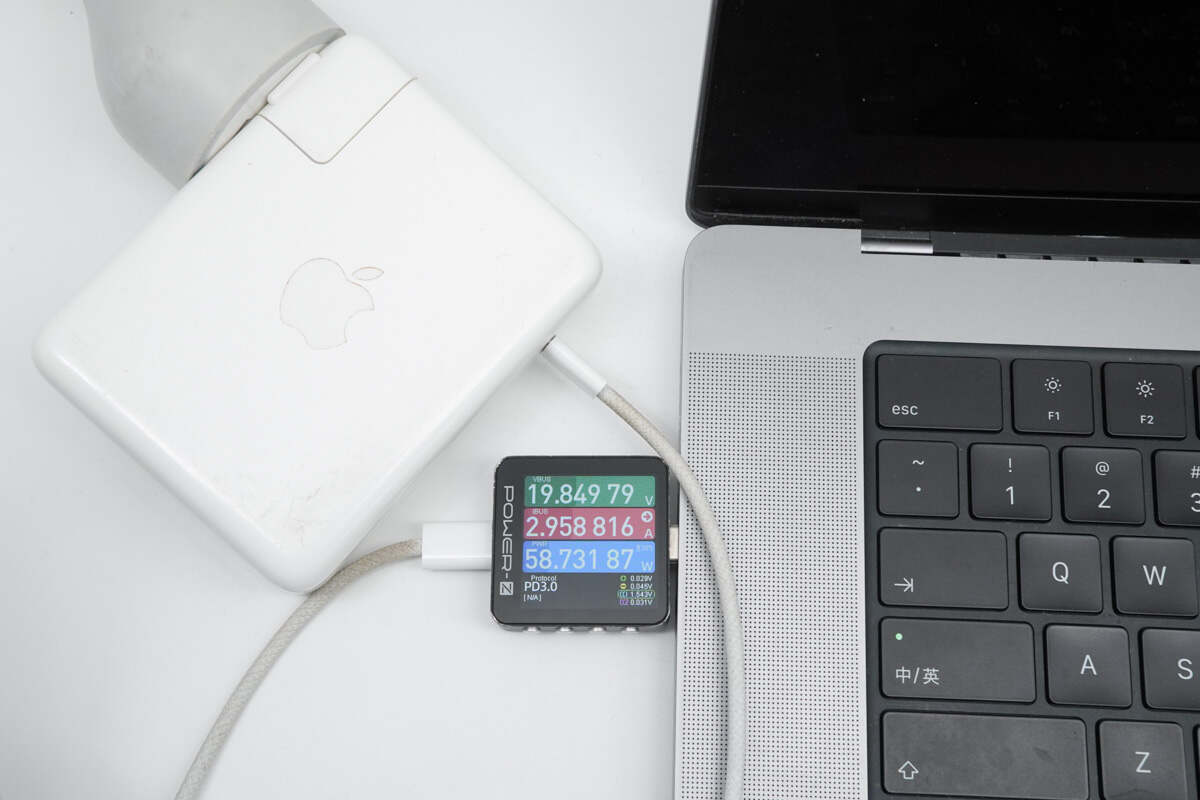
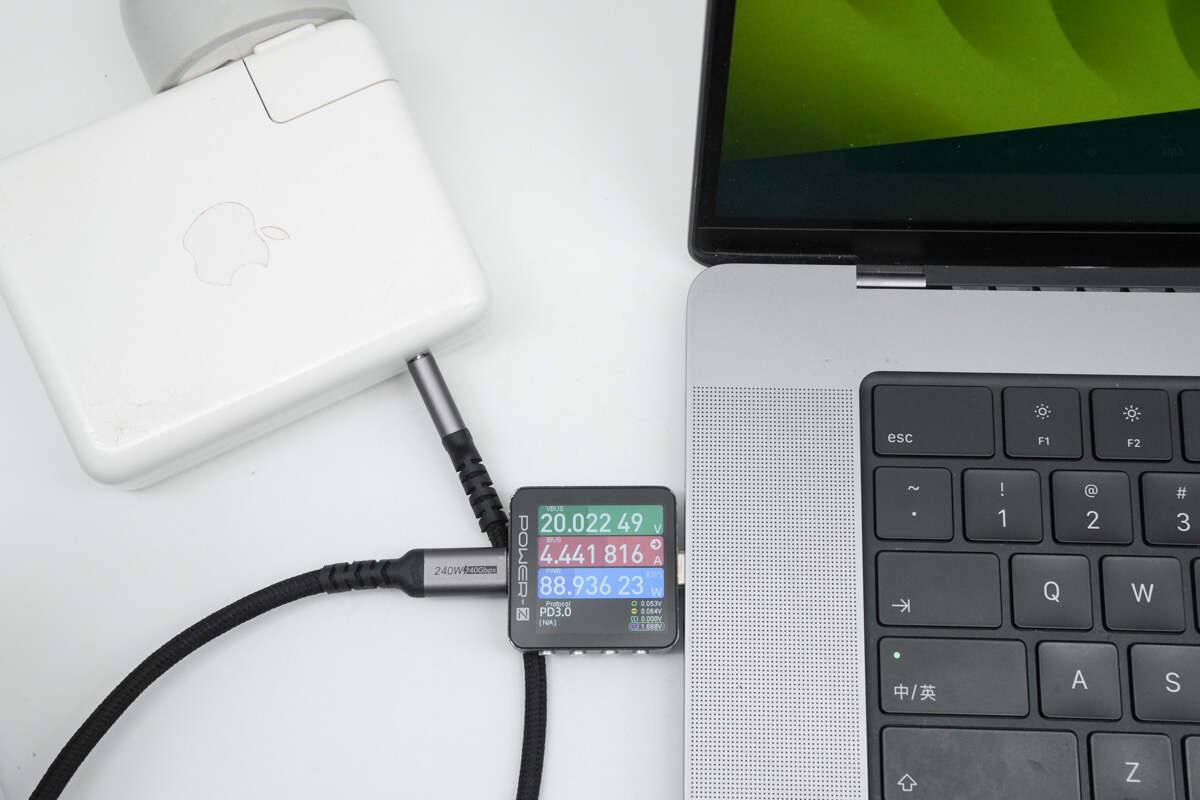
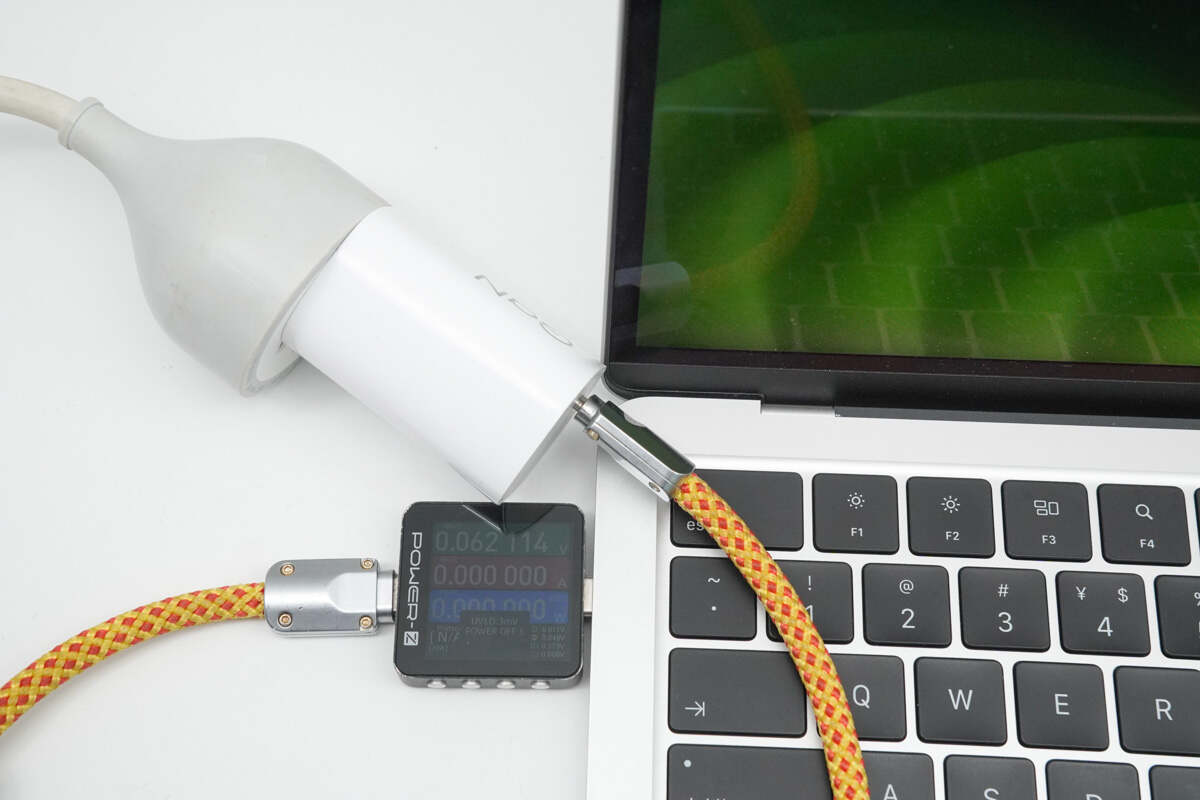
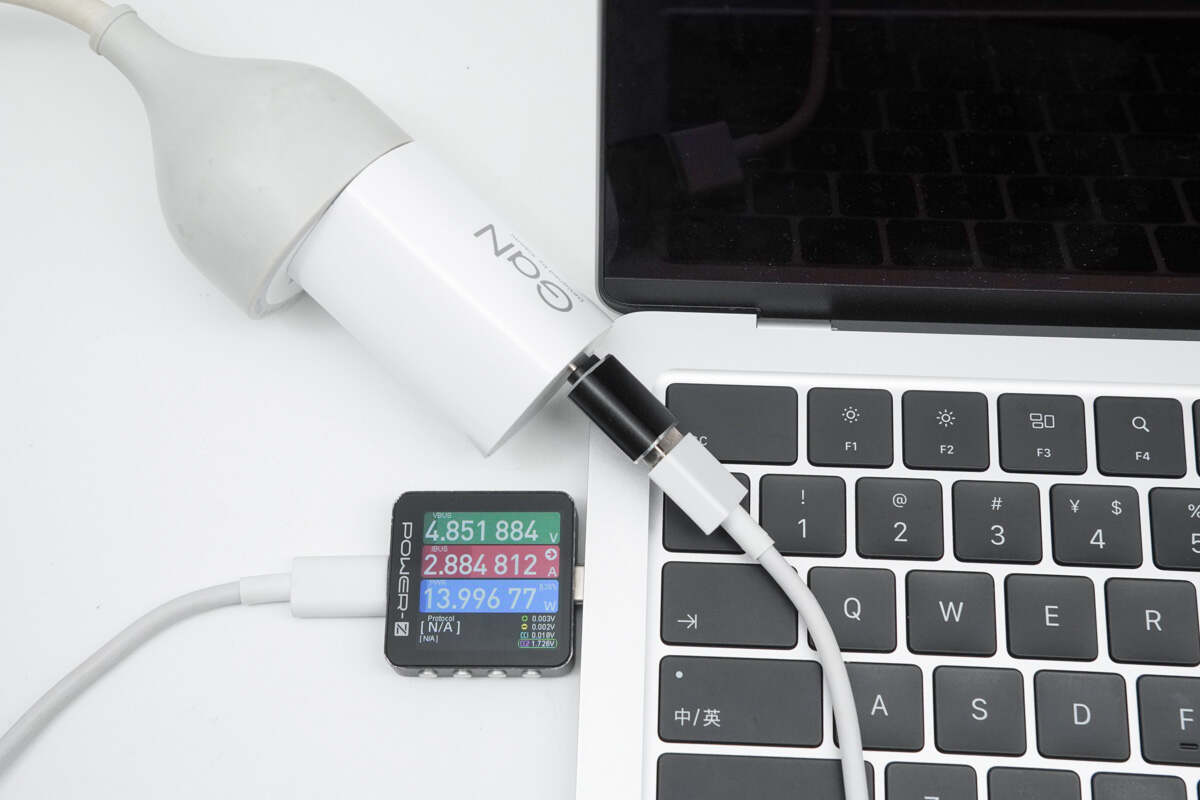
For power delivery, all cables except the defective third one functioned normally.
Battery Replacement
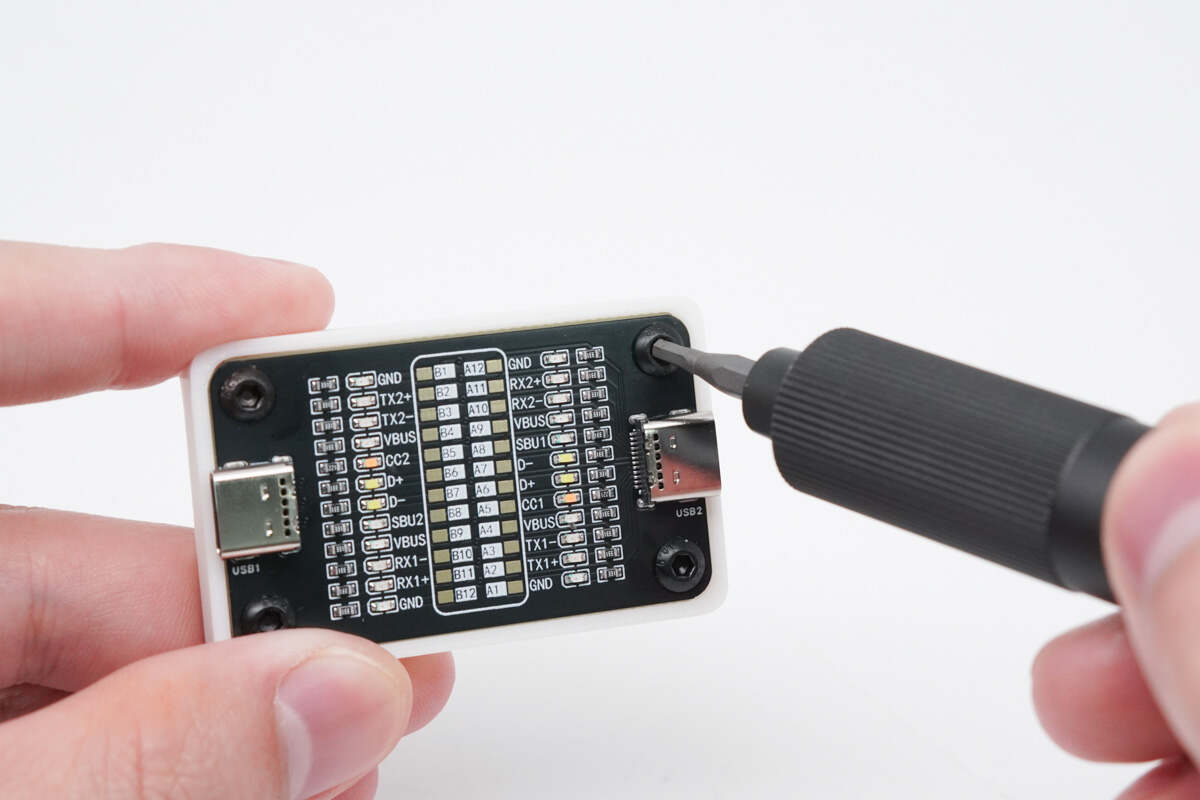
The CT001 features a modular battery compartment, secured with hex screws for quick replacement.
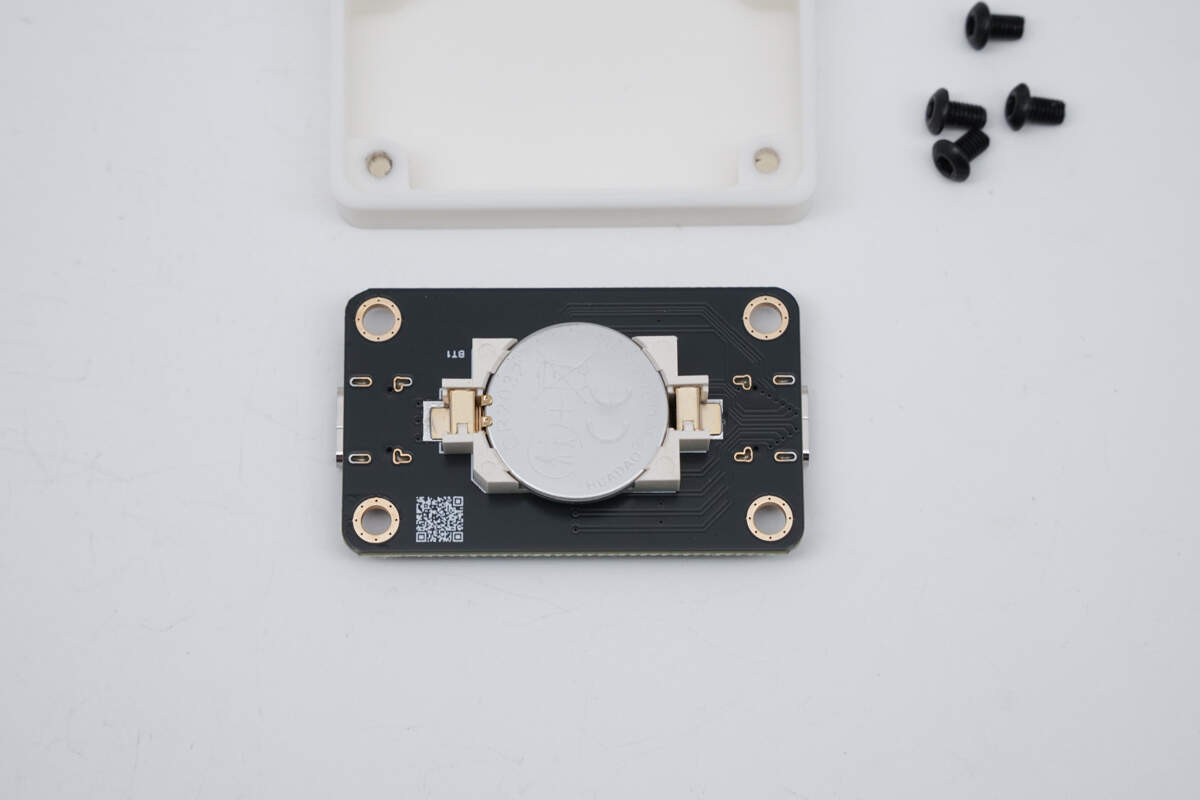
After disassembly, the device consists of a white plastic shell, PCBA, and four hex screws, powered by a CR2032 button cell. This modular design makes battery replacement efficient and extends overall product lifespan.
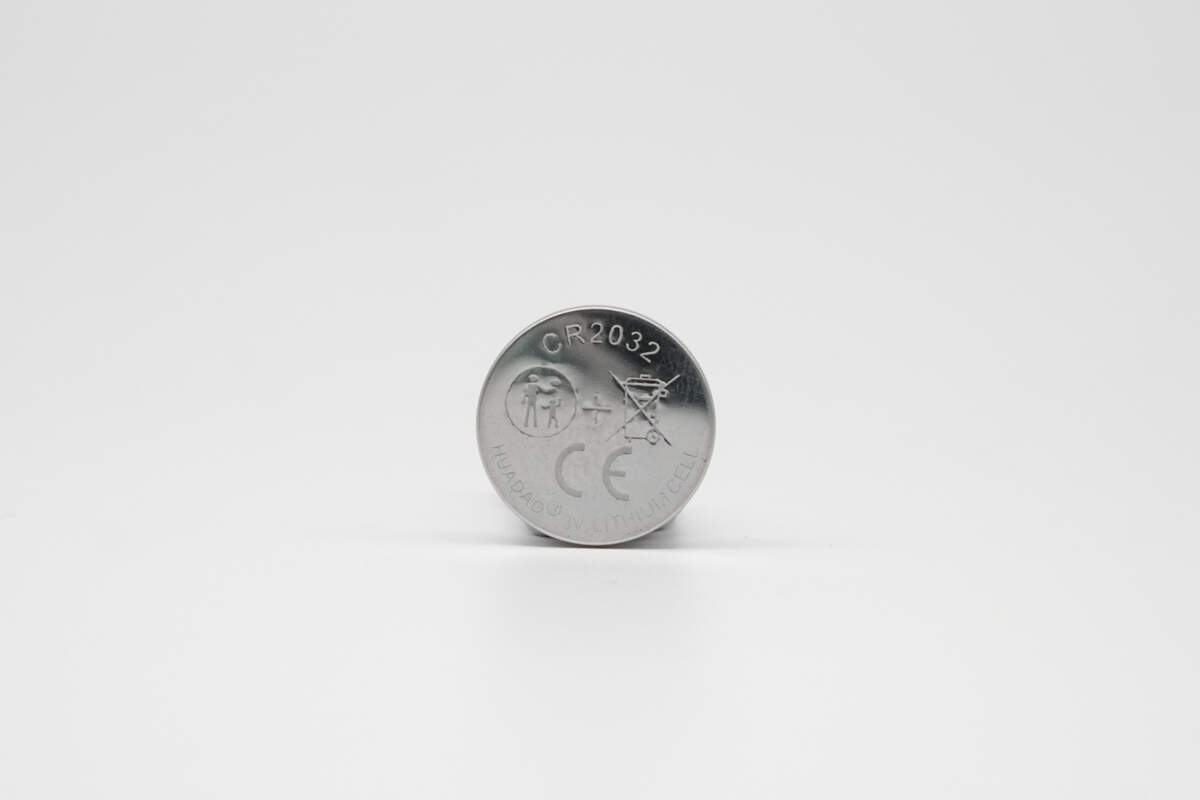
Here is the CR2032 button cell.
Summary of ChargerLAB
The ChargerLAB POWER-Z CT001 USB Cable Tester uses dual USB-C ports and a CR2032 button cell system for portable, power-free testing. It supports full 24-pin continuity checks with 24 LED indicators displaying the connection status.
Real-world testing shows it can reliably identify functional cables, detect faulty pins, and quickly locate defective cables. In trials with four cables, it successfully identified the one with continuity issues. This makes it a reliable and portable solution for fast-charging cable testing.
Related Articles:
1. ChargerLAB POWER-Z Tester Now Available on Amazon.de, UK & FR –A Must-Have Tool for Charging Enthusiasts!
2. Protocol Trigger Module on PC | The New Update of POWER-Z KM003C/2C
3. ChargerLAB POWER-Z SINK240: A Compact USB PD3.1 48V Trigger Board

